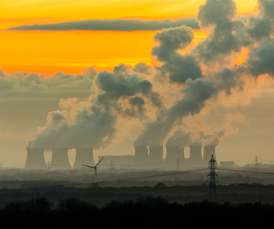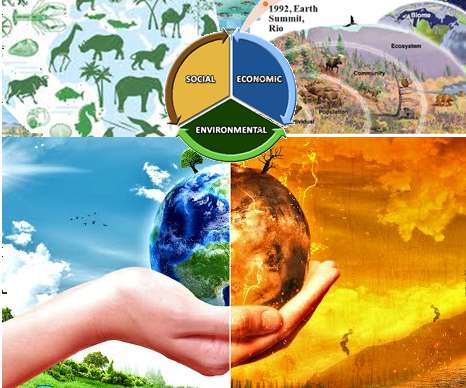'Economic injury': How the UK's electricity and transport networks could be racking up £264bn in hidden societal costs
Business Green
MARCH 25, 2021
Exclusive: Researchers have sought to calculate the external environmental, social and health costs of from fossil fuels, renewables, road transport and aviation. Co-author of today's study Benjamin K. It's yet even more sobering evidence that the UK needs to move away from fossil fuels and ambitiously pursue rapid decarbonisation," he added.



















Let's personalize your content